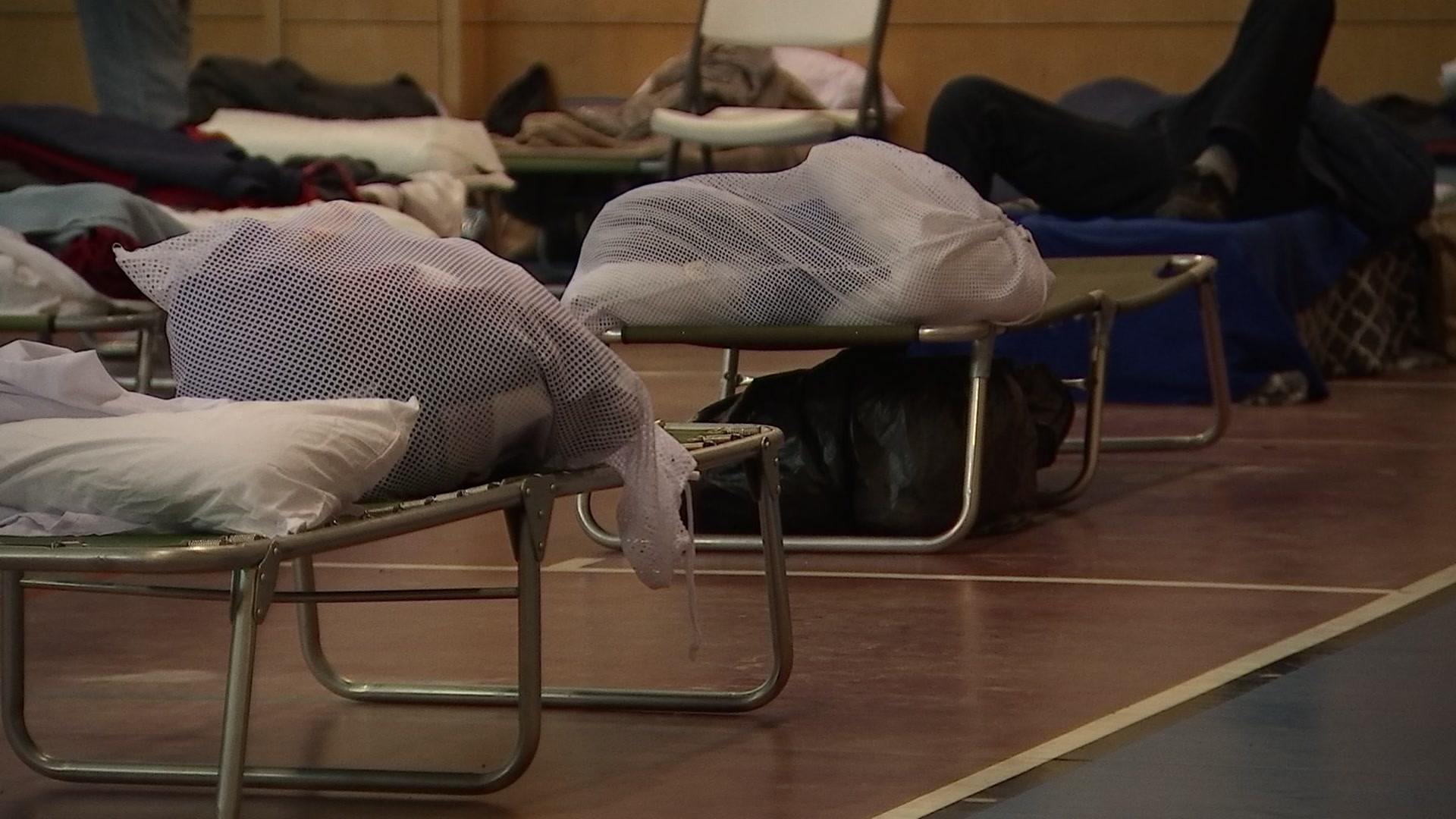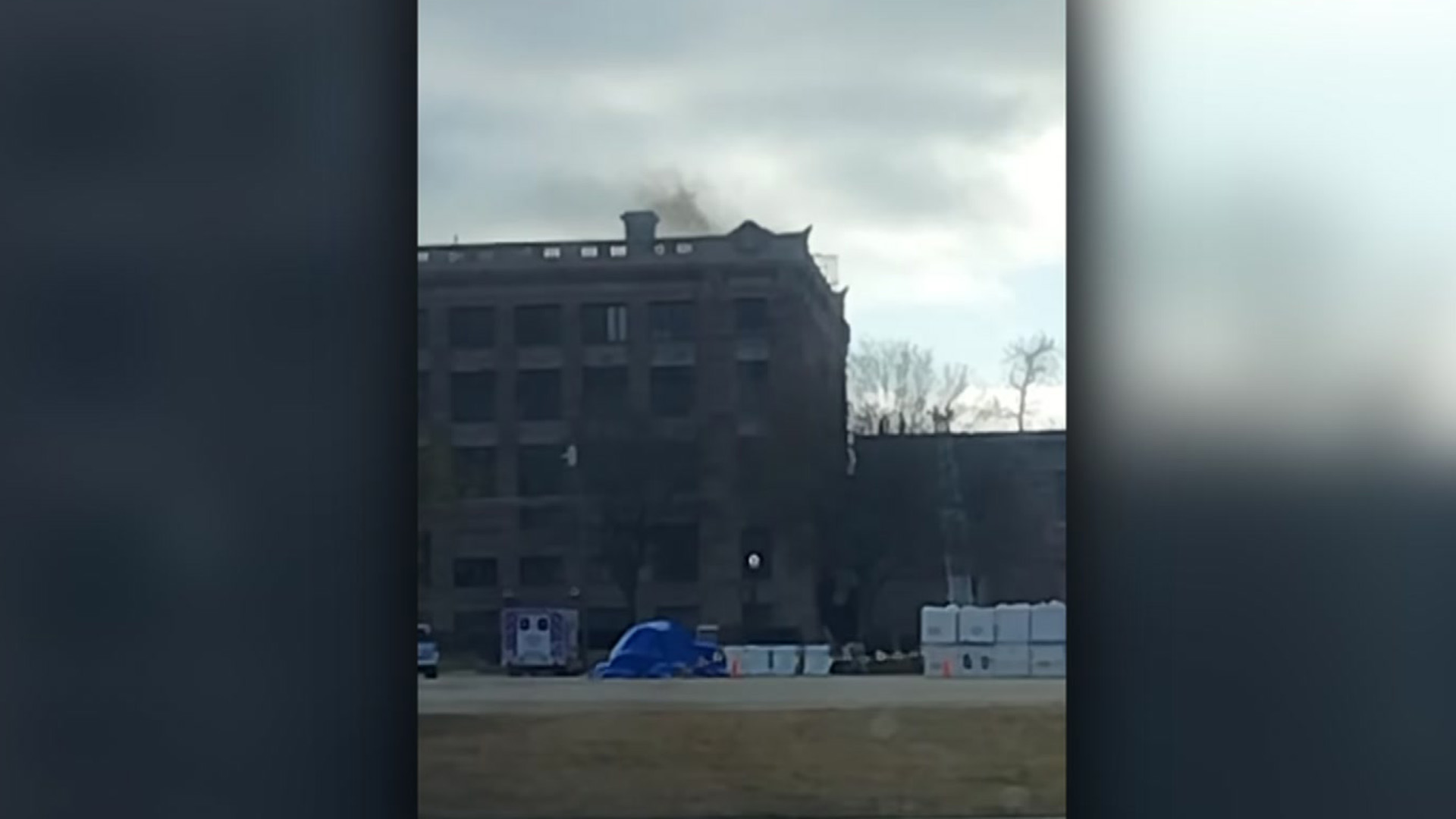What to Know
- While CBD does not contain enough THC to give anyone a high, it can be enough to test positive.
- Field tests cannot differentiate between marijuana and CBD; both CBD and THC will turn test chemicals purple.
- Taxpayers may be burdened with the cost of upgrading police labs to properly distinguish between CBD and marijuana.
As lawmakers move closer to legalizing CBD oil in Texas, NBC 5 Investigates has learned that confusion may linger on what's legal and what's not, because law enforcement officials don't have the tools needed to tell the difference between CBD and marijuana.
A bill that would legalize CBD with little or no THC in it has passed in both the Senate and the House in Texas and is set to go before Gov. Greg Abbott (R) for his signature.
If that happens, for police, the hard part just begins.
That's because field tests police currently use to identify illegal drugs do not have the capability to differentiate between CBD oil and a substance that would still be illegal in Texas – recreational marijuana.
Adding to the confusion is the fact that proposals pending in the Texas legislature require that, to be legal, CBD can contain no more than 0.3 percent of THC, the component that in higher amounts can make people high.
Drug crime labs in North Texas and throughout the state have long been able to test for THC in products, but chemists said they do not have the resources, nor the training, to pinpoint its percentage levels.
Local
The latest news from around North Texas.
"So until they straighten some of that out, we're at a point where it doesn't matter," said James Peel, commander of the Weatherford-Parker County Special Crimes Unit, which has stopped working CBD cases until better testing techniques are developed.
"They might as well have a Hershey bar in the back seat as CBD. Because it's not going to matter to us," Peel said.
The urgency to acquire better testing has not kept up with the fast pace in which CBD laws are moving through the legislature, said Erin Spargo, chief chemist for the Dallas County Southwestern Institute of Forensic Sciences.
"I just don't know if everyone realizes the implications of what this bill means for, potentially, the legal system," Spargo said.
To get up to speed if CBD becomes legal in Texas, she said her lab would likely have to hire additional staff, seek training and purchase equipment, all at a cost of "hundreds of thousands of dollars."
"It's going to impact taxpayers. There's going to be an increased cost potentially in Dallas County to fund the crime lab," Spargo said.
NBC 5 Investigates went to one of the top police labs in the country, located in Washington D.C., to better understand how police field test for illegal drugs, and how those tests react to CBD and marijuana.
Chemists demonstrated how the chemicals used in the field tests cannot differentiate between marijuana with high levels of THC, and CBD with trace amounts or no THC.
Both CBD and THC will turn the test chemicals purple without giving police the results needed to determine whether a crime has occurred.
Experts said that's because CBD and THC are both compounds known as cannabinoids, and the test used by police is designed only to react to cannabinoids.
The company that makes the field tests used by most major North Texas police agencies did not respond to messages seeking comment about the tests and how they respond to CBD.
"I still say if it (the field test) pops positive for THC, you are going to have to do something along a law enforcement line," said DeSoto Police Chief Joe Costa, who was in Washington for a police convention. "Or at least take it to another lab, or another level."
But in Weatherford, commander Peel sees things differently, continuing the ongoing debate on how law enforcement should handle the CBD craze that is spreading through Texas and across the country.
"If somebody has CBD here in Weatherford or Parker County, they're just going to have it," Peel said, adding: "because we don't have a way to tell if it's illegal or not."



